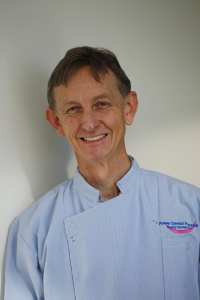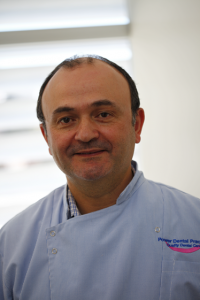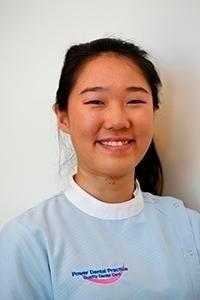Snoring and Sleep Apnoea
Snoring
Snoring is a major cause of frustration in relationships and also disturbs the sleep of those around them. Many couples end up sleeping in different rooms. When you breathe normally air passes through the nose and past the flexible parts at the back of the throat. Your muscles hold the airway open while you are awake, but they relax when you go to sleep. Snoring is the sound of obstructed breathing where the soft tissues at the back of the throat lose muscle tone, flop back and vibrate.
There may be a blockage in your nose or throat. If it is in your nose the best person to see is an Ear, Nose and Throat physician (ENT). If it is your throat, we may be able to help. But step one is actually to see a sleep physician. We like to arrange this through your General Practitioner (GP).
Sleep Apnoea
One of the reasons people snore is because they suffer from sleep apnoea. Sleep apnoea is a disorder, where your breathing becomes irregular when you sleep. Over 70% of people who snore also have sleep apnoea. This is why you need to see a sleep physician first thing. You need to determine what your problem actually is. At the sleep physician, you have a sleep study done and they will give you a report.
Treatment:
The two main treatments for sleep apnoea are:
- C-PAP machine with the air flowing in, forcing you to breathe during the night.
- Oral appliances worn in your mouth at night-time.
While C-PAP machines are regarded by sleep physicians as the gold standard in treating snoring, they are not as well-received by most patients, with only about 30% continuing to use them after 12 months.
Many people with sleep apnoea are also very successfully treated with the oral appliances. We at Power Dental Practice have been providing oral appliances for sleep apnoea and snoring for many years with high success rates. After 12 months almost all of our patients are continuing to wear their oral appliances. Dr Power has worn two different appliances himself over the years.
Other measures that can help include reducing weight, reducing alcohol intake and smoking, nasal surgery, using nasal sprays and sleeping on your side. The success of these varies from person to person. Speak to your dentist about snoring and sleep apnoea.




